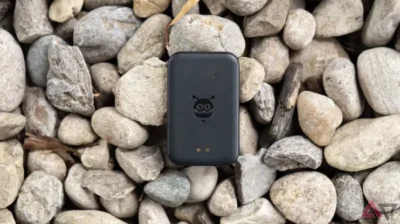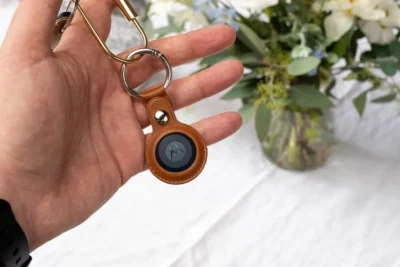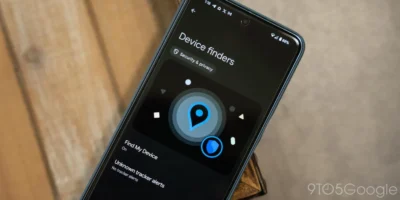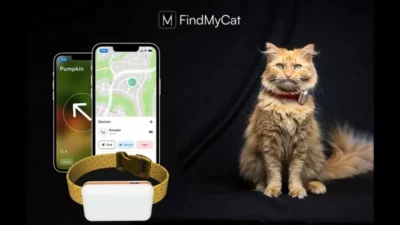Google is CRIPPLING their Find My Device network with ‘aggregation by default’ setting

From the beginning, Google has prioritized being privacy-conscious with the Find My Device (FMD) network, including delaying the launch until the iPhone gained unknown tracker alerts. Google chose “aggregation by default” to the detriment of Find My Device performance, and is seemingly doubling down on that decision.
The default Find My Device network setting is “With network in high-traffic areas only.” Multiple Android devices have to detect an object before its location is shared. So far, users have found this ineffective in real-world usage, with trackers not being located.
Unlike Apple who has this type of setting as opt-out by users, and which results in a far more extensive network to find your lost items, Google has restricted it to opt-in. Looking at reviews about the Motorola Moto tags, I see this issue cropping up a lot. Great tags, but the Google network is just not locating your device until multiple Android users have passed it.
It is not as if any 3rd party is going to identify you or your location whether this setting is enabled or not. Your identity and location is never passed to the others users.
What it means is that Google is basically crippling their network, whilst Apple’s is functioning extremely well. With Apple being who they are, they seem to be happy with the default settings reporting the location of a lost tag with just one iOS device passing by.
We are all familiar with default settings, and with this one as it is, it means Google’s network is never really going to function well. You can really forget about expecting a few billion people to all changing this setting themselves. It would have been better to activate it properly and put a notice on the start-up screen to inform what it does.
See 9to5google.com/2024/07/09/goog…
#Blog, #findmydevice, #technology, #trackers












